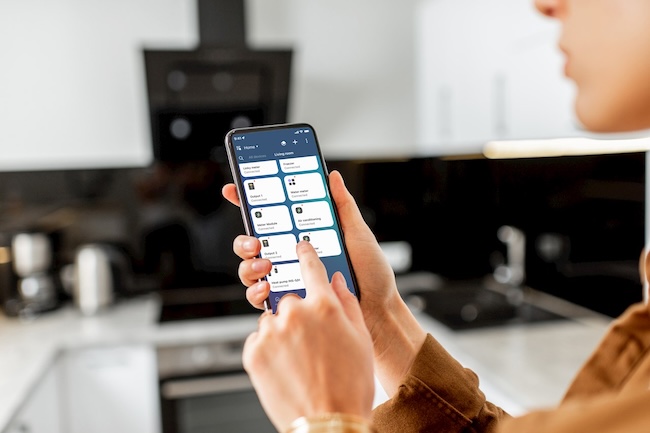Europeans' concerns regarding financial and employment problems diminished in the first four months since COVID-19 restrictions have eased
Europeans' concerns regarding their financial and employment problems diminished in the first four months since the first COVID-19 restrictions imposed by the authorities have eased, according to Deloitte State of Consumer Trackersurvey, with two-thirds of respondents being more open to the idea of making large purchases and more relaxed about the stability of their job. Nevertheless, Europeans are still as concerned about their physical well-being as they were during the lockdown (47% at the end of August, compared to 48% in May). European trends are in line with the global ones. The survey was conducted on 18,000 respondents from 18 countries, including nine European states - Belgium, France, Germany, Ireland, Italy, the Netherlands, Poland, Spain and the United Kingdom.
The tracker also shows that safety remains a concern for the European consumers, considering that almost half of them (45%) say they do not feel safe when shopping in stores. The Germans are the most concerned about this matter (55%), followed closely by the Polish (51%), while the Belgians are at the opposite side (40%). However, consumers maintain their preferences for making certain purchases offline, considering that almost three quarters of respondents intend to shop in-store for groceries (77%)and household goods (73%).
“Relaxing the restrictions adopted in the context of the COVID-19 pandemic was one of the factors that contributed to a decrease in the anxiety felt by consumers during the lockdown regarding their physical well-being and financial problems. In Romania, we see similar trends to the European ones that led to a slight increase in consumption between May and August 2020, according to the National Institute of Statistics data, supported mainly by segments such as IT and telecommunications equipment and non-food trade,” saidOana Buhaescu, Audit Director, Deloitte Romania, and leader for the Retail industry.
The results also show that, within the time elapsed since the restrictions relaxation,the intent to purchase household goods has tempered- the share of respondents who want to spend more on such goods has decreased from 20% in May 2020, to 12% at the end of August. At the same time, while 24% of respondents said that they wanted to spend more on grocery goods in May, their share reached 16% in August.
Based on the analysis of the spending behavior, the study shows that the profile of the socially conscious shopper,which intends to buy more from local brands even if the cost is a little higher,still dominates throughout Europe (43%). Four out of ten Europeans say they are bargain hunters,a profile characteristic to people who buy on the spot non-essential items if they find good deals, this profile being the most common among the Germans (47%)and British (48%). The following profiles in terms of share among Europeans are the convenience seekers (34%),which are consumers who spend more on convenience goods, and the stockpilers (32%),which plan to buy stocks of goods for more than immediate needs.
Deloitte State of Consumer Tracker is conducted based on biweekly online surveys, applied in Australia, Belgium, Canada, Chile, China, France, Germany, India, Ireland, Italy, Japan, Mexico, the Netherlands, Poland, Spain, South Korea, the United Kingdom and the United States.






